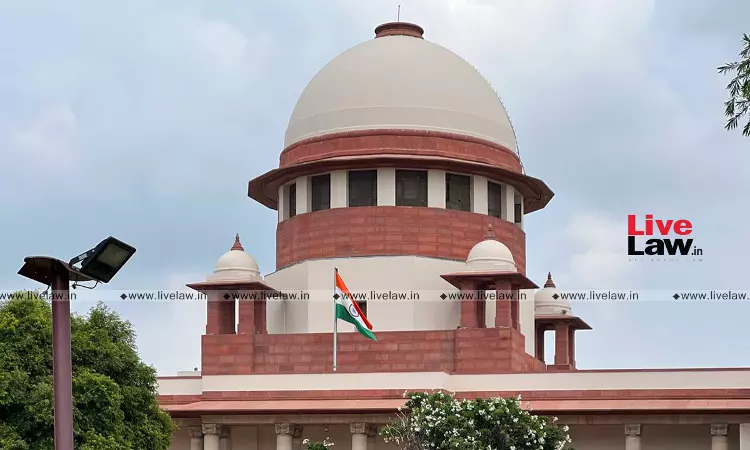In a judgment delivered on January 29, the Supreme Court discussed the circumstances under which a third party to a suit can seek leave to appeal against the decree.A bench comprising Justice JB Pardiwala and Justice R Mahadevan made this discussion while considering an appeal filed by a lis pendens transferee, who was aggrieved by the High Court's refusal of leave to appeal against a decree...

